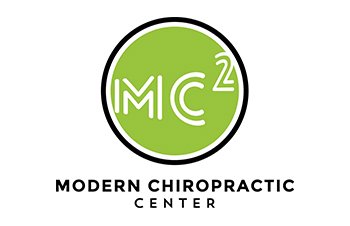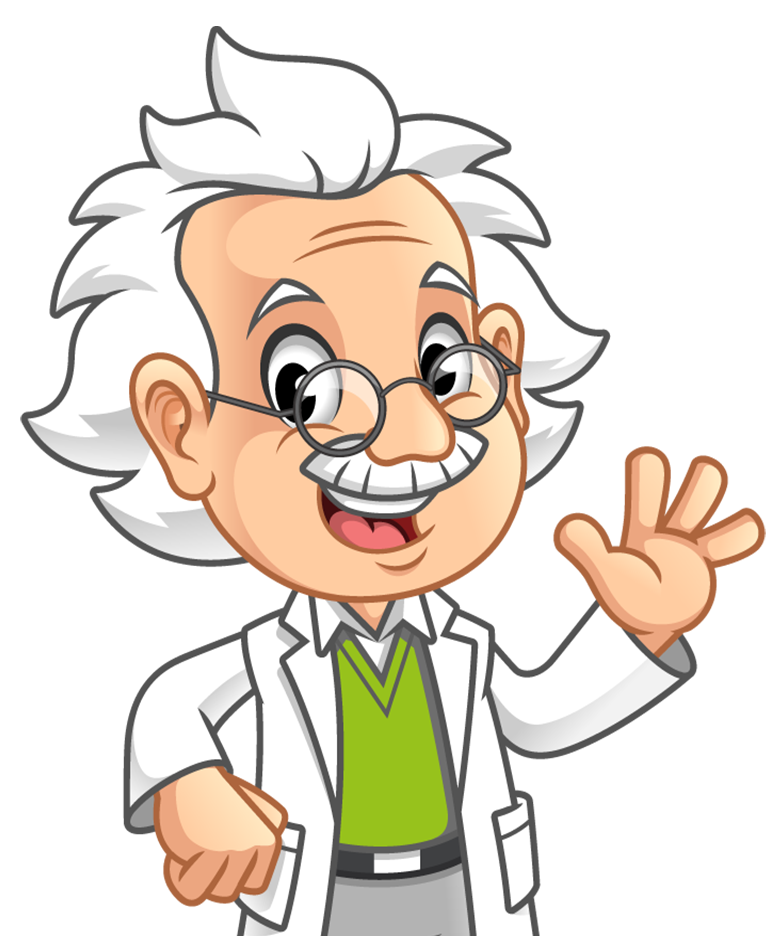Understanding Headaches After a Car Crash
Car accidents can be traumatizing, leaving physical and emotional scars that linger long after the collision. One common and often perplexing aftermath of car crashes is headaches. While many individuals walk away from the scene seemingly unharmed, they may later experience persistent headaches. In this blog, we will delve into the various reasons why people have headaches after a car crash, exploring the physiological and psychological factors contributing to this prevalent post-accident symptom.

Whiplash-Associated Headaches
One of the primary culprits behind headaches after a car crash is whiplash. Whiplash occurs when the neck is forcefully jerked back and forth during an impact, straining the neck muscles, ligaments, and tendons. The abrupt and unnatural movement of the neck can lead to tension headaches, which manifest as a dull, achy pain that radiates from the neck to the back of the head.
Additionally, whiplash can cause cervicogenic headaches, where the pain originates from the cervical spine (neck) but is felt in the head. These headaches can be particularly challenging to diagnose, as the source of pain is often distant from the perceived location of discomfort.
Concussions and Head Injuries
Car accidents can result in head injuries, even if there are no visible signs of trauma. A concussion, for instance, occurs when the brain experiences a sudden impact against the skull. Concussions often lead to headaches, dizziness, and cognitive impairments. Post-traumatic headaches can persist for weeks or months after the accident, disrupting the individual’s daily life and well-being.
Neck and Shoulder Strain
During a car crash, individuals may instinctively tense their neck and shoulder muscles in response to the impact. This reflexive tightening can lead to tension headaches due to the increased muscle strain and reduced blood flow to the head. In some cases, shoulder injuries sustained during the accident can also refer pain to in the head, causing headache symptoms.
Stress and Anxiety
Car accidents are emotionally traumatic events, and the stress and anxiety associated with the experience can contribute to headaches. The body’s natural “fight or flight” response triggered during the collision can result in tension and vascular headaches due to increased muscle tension and changes in blood flow.
Post-Traumatic Stress Disorder (PTSD)
For some individuals, car accidents can trigger post-traumatic stress disorder (PTSD). Those suffering from PTSD may experience chronic headaches as a physiological response to their emotional distress. The interplay between psychological trauma and headaches can be complex, with stress acting as a significant trigger for recurring head pain.
Delayed Onset of Symptoms
In some cases, headaches may not immediately manifest after a car crash. It is not uncommon for individuals to feel fine initially and experience headaches only hours or days later. This delayed onset can be attributed to inflammation and other internal injuries that take time to develop and cause discomfort.
Vascular Issues
Car accidents can lead to injuries that affect blood vessels in the head and neck. Vascular headaches, such as migraines, may be triggered by the altered blood flow resulting from these injuries. The pain can be severe and pulsating, often accompanied by sensitivity to light and sound.
Medication Side Effects
After a car crash, individuals may be prescribed pain medications or other drugs from the emergency room to manage injuries. Some medications can have side effects that include headaches. It’s essential for patients to communicate with their healthcare providers if they suspect a medication is causing or exacerbating their headaches.
Headaches after a car crash can be more than just a temporary discomfort; they can significantly impact an individual’s well-being and quality of life. Understanding the various reasons behind post-accident headaches is crucial in providing appropriate and effective treatment for those affected. From whiplash-associated headaches to stress-induced migraines, each case requires careful evaluation and personalized care. Seeking professional attention promptly after a car accident is vital, as it allows for early diagnosis and intervention, potentially preventing chronic headaches and promoting a smoother path to recovery. In addition to physical treatment, addressing the emotional and psychological aspects of the accident is equally important, ensuring comprehensive care for those dealing with the aftermath of a car crash-induced headache.
At our Modern Chiropractic locations, our licensed Doctors of Chiropractic are specifically trained in post-graduate seminars to thoroughly identify both common and uncommon injuries sustained after a car crash. Call today to schedule a consultation with one of our local whiplash doctors.





